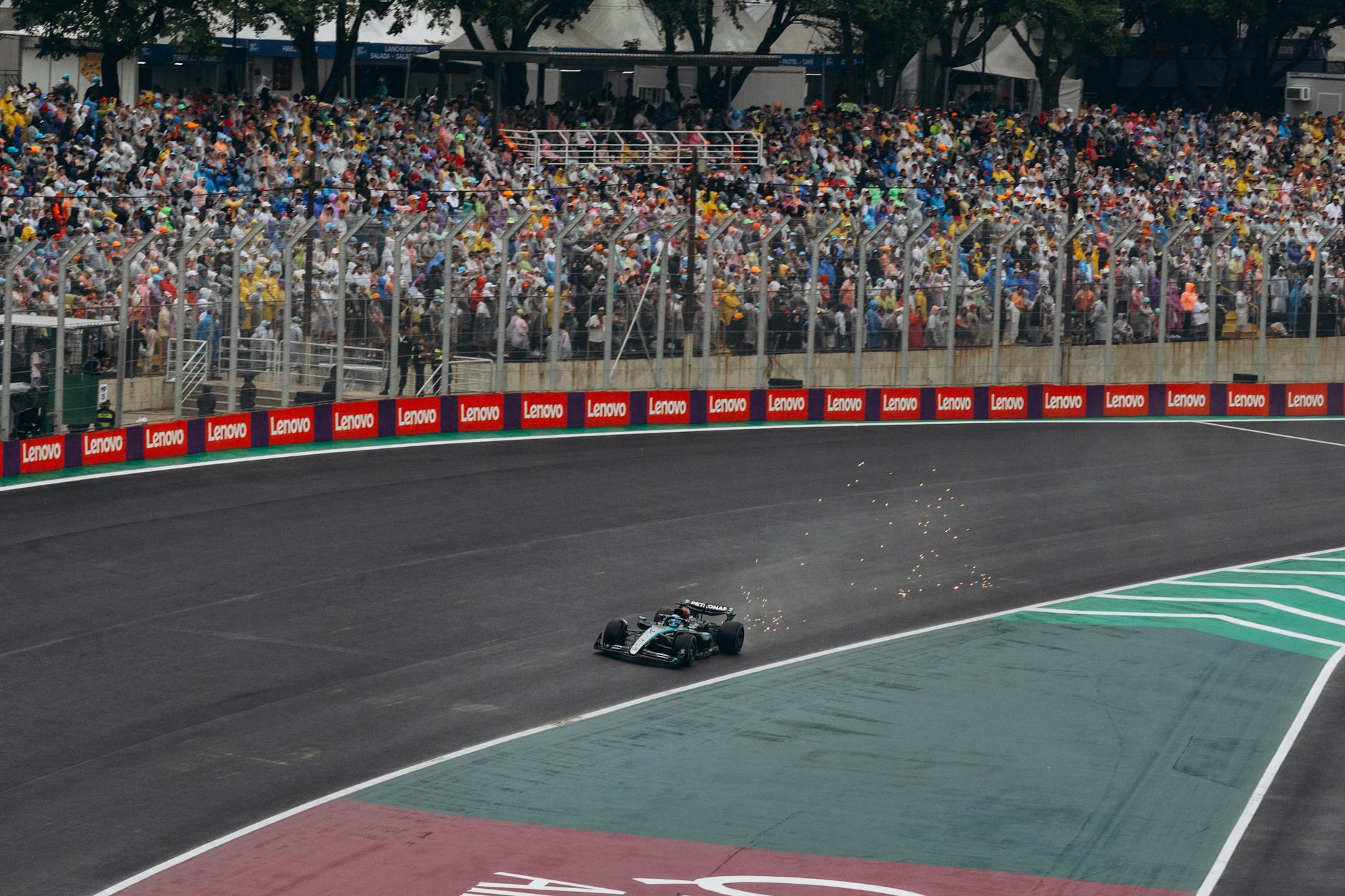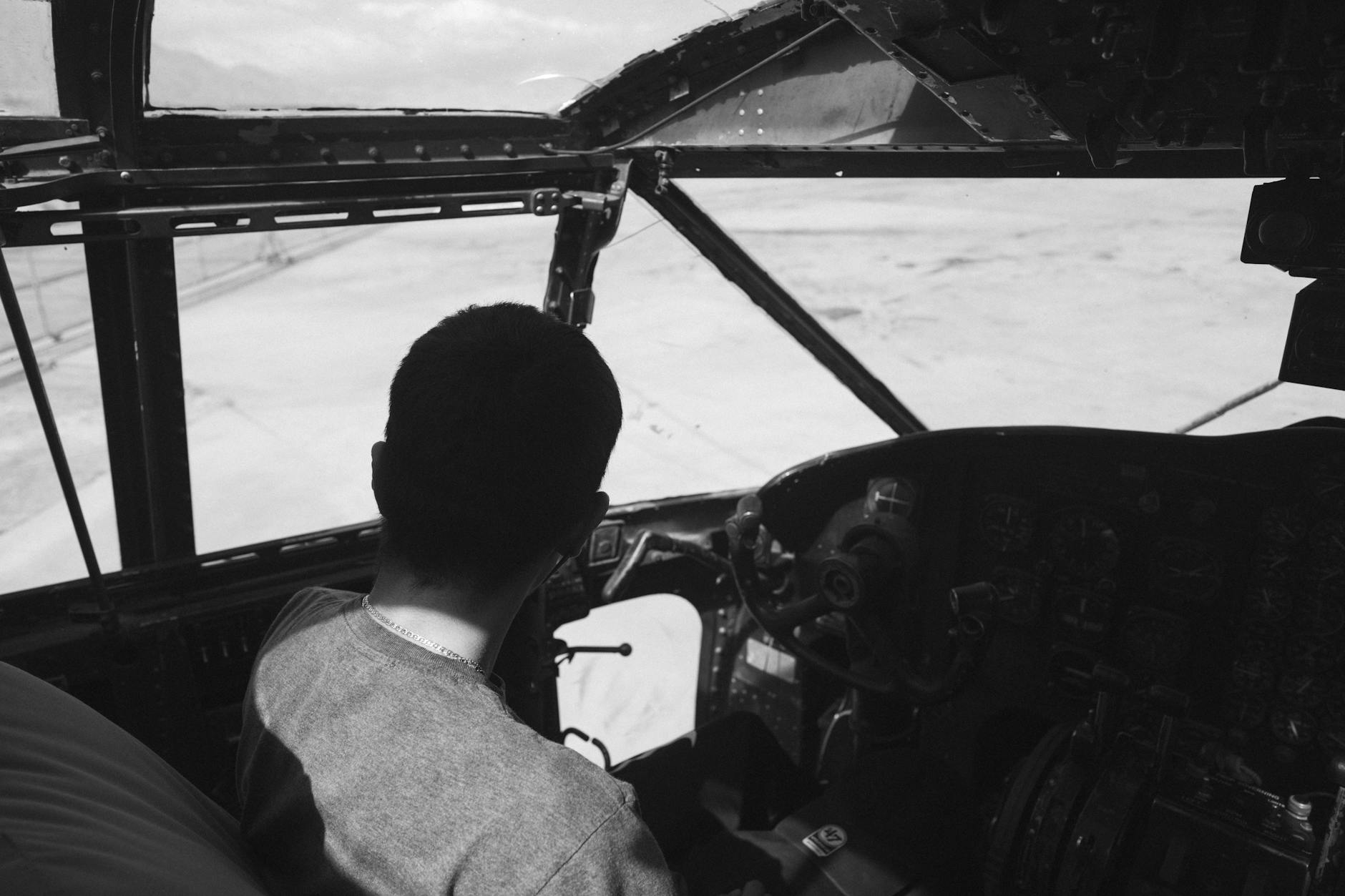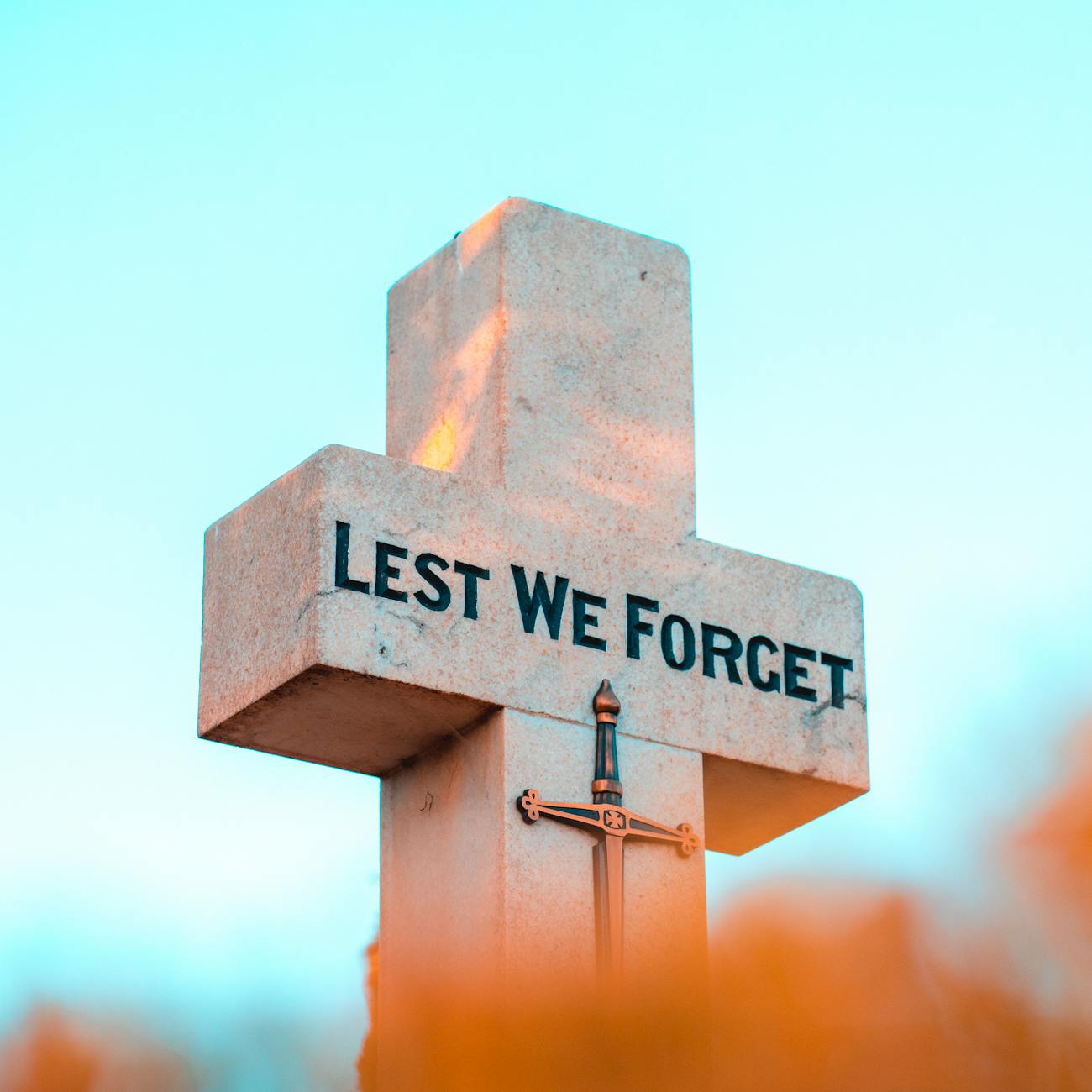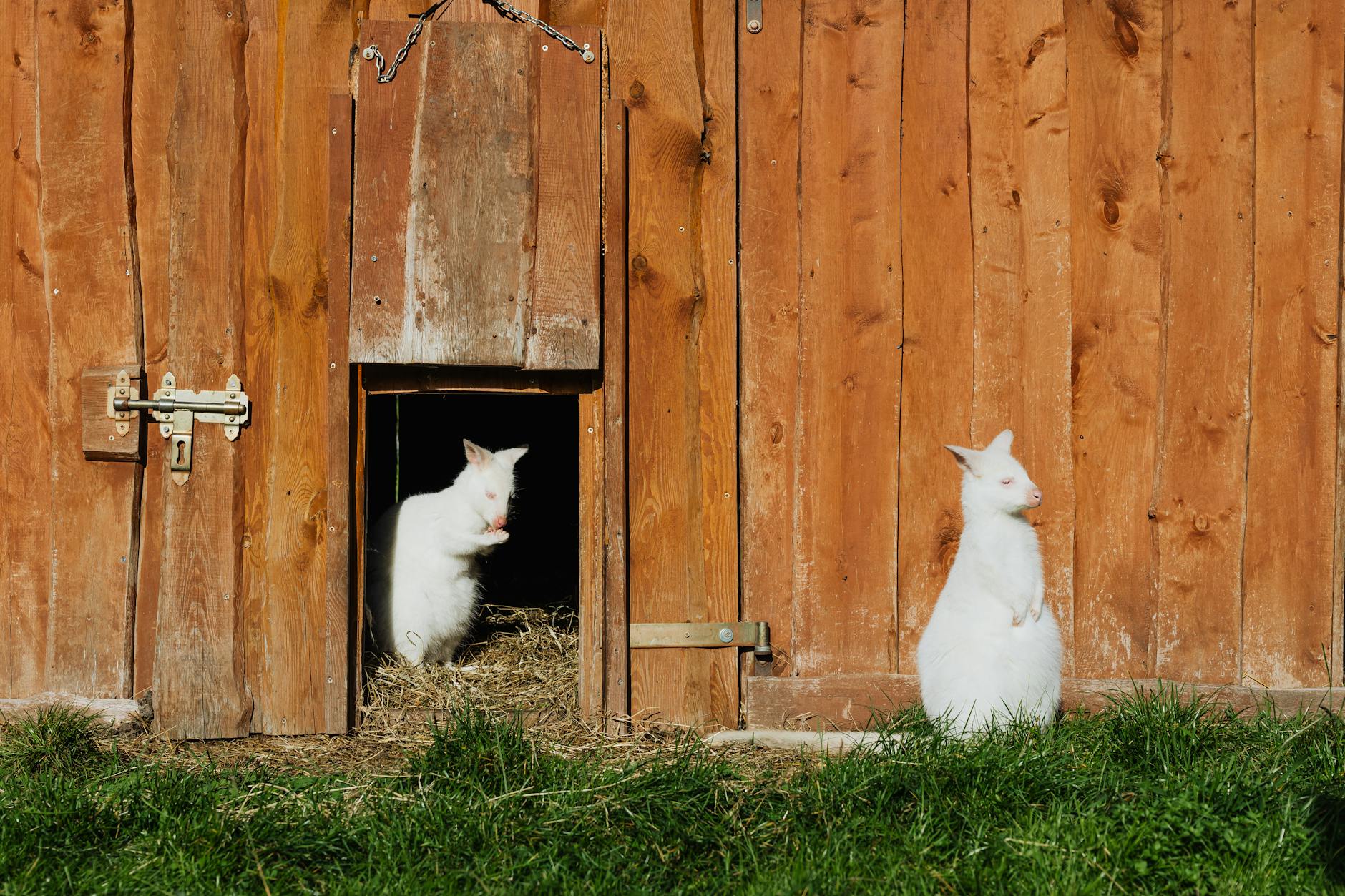Fraser Downs Closure Sparks Debate Over Racing’s Future in British Columbia
Transition to Mixed-Use Development Signals Shift for Local Horsemen and Industry Stakeholders
The recent closure of Fraser Downs, a fixture in British Columbia’s horse racing landscape, has ignited significant discussion regarding the future of the sport in the province. The popular harness racing track in Surrey, known for its decades of operation, has been redeveloped for mixed-use housing, marking a pivotal moment for horsemen and racing enthusiasts alike. This transition, while bringing new housing opportunities, has raised concerns about the immediate and long-term impacts on the local horse racing community.
A New Era for the Cloverdale Site
Fraser Downs’ closure signifies the end of an era for harness racing at the Cloverdale location. The site’s transition to a mixed-use development, incorporating housing, is part of a broader trend of urban land use changes. Daily Hive Vancouver reported on the redevelopment plans, noting the site’s new purpose. This shift has prompted considerable reflection within the horse racing industry, with many expressing apprehension about where this leaves the sport in British Columbia.
Horsemen Grapple with the Fallout
The impact of the closure is being felt keenly by those directly involved in the industry. Standardbred Canada, a national organization representing harness racing, has highlighted the ongoing effects on stables and individuals. In the Nanaimo area, one stable is reportedly navigating the challenges presented by the loss of Fraser Downs as a primary racing venue. This situation underscores the dependence of many equine professionals on established racing facilities for their livelihood and the continuation of their sport.
The Chilliwack Progress noted efforts by horsemen to advocate for keeping Fraser Downs operational, indicating a strong desire within the community to preserve the track. These rallies and discussions suggest a deep commitment to harness racing and a willingness to explore alternatives or solutions to maintain its presence in the region.
Industry Voices Express Concerns Over the Sport’s Viability
The abrupt end to racing at Fraser Downs has been described as a significant blow to B.C. horse racing, as reported by the Toronto Star. This sentiment reflects a broader worry that the closure could have a ripple effect, potentially impacting the broader ecosystem of the sport, from breeding and training to public engagement and employment. The loss of a dedicated racing venue raises questions about the availability of suitable facilities for races, training, and the development of new talent.
Concerns extend to the economic viability of horse racing in the province. With fewer venues, the logistical and financial challenges for race organizers and participants may increase. This could lead to a reduction in the number of races, fewer opportunities for owners and drivers, and a diminished spectacle for fans. The interconnected nature of the industry means that the closure of a key facility can have far-reaching consequences.
Navigating the Path Forward: Challenges and Opportunities
The closure of Fraser Downs presents a dual challenge: accommodating urban development needs while preserving a significant cultural and economic activity. Stakeholders are now faced with the task of finding new avenues for harness racing in British Columbia. This may involve exploring partnerships with existing facilities, seeking new investment for track development, or re-evaluating the scheduling and format of racing events.
For horsemen and trainers, adaptation is key. This might involve relocating stables, seeking out racing circuits in other regions, or focusing on training and breeding operations that can sustain themselves independently of a local track. The resilience and adaptability of the horse racing community will be crucial in navigating this transition.
Looking Ahead: What the Industry Can Expect
The long-term implications of the Fraser Downs closure remain to be seen. The industry will likely need to unite to lobby for supportive policies, explore innovative business models, and engage with local governments to ensure that horse racing continues to have a place in British Columbia. The conversation is not just about saving a track, but about safeguarding a tradition and an industry that contributes to the provincial economy and sporting heritage.
The focus now shifts to how the various stakeholders – including horsemen, breeders, owners, racing associations, and government bodies – will collaborate to chart a sustainable future for horse racing in the province.
Key Takeaways:
- The closure of Fraser Downs in Surrey for mixed-use housing development has significantly impacted British Columbia’s horse racing industry.
- Horsemen and industry stakeholders are actively seeking solutions and expressing concerns about the sport’s future viability.
- The loss of a dedicated racing venue poses logistical, economic, and developmental challenges for harness racing in the province.
- Adaptation and collaboration will be crucial for the industry to navigate this transition and identify new opportunities.
References:
- Standardbred Canada – Official body for harness racing in Canada.
- Nanaimo News Bulletin – Local news covering the impacts on Nanaimo-area stables.
- The Chilliwack Progress – Reporting on efforts to keep Fraser Downs open.
- Daily Hive Vancouver – Coverage of the Fraser Downs mixed-use redevelopment.
- Toronto Star – National reporting on the blow to B.C. horse racing.














